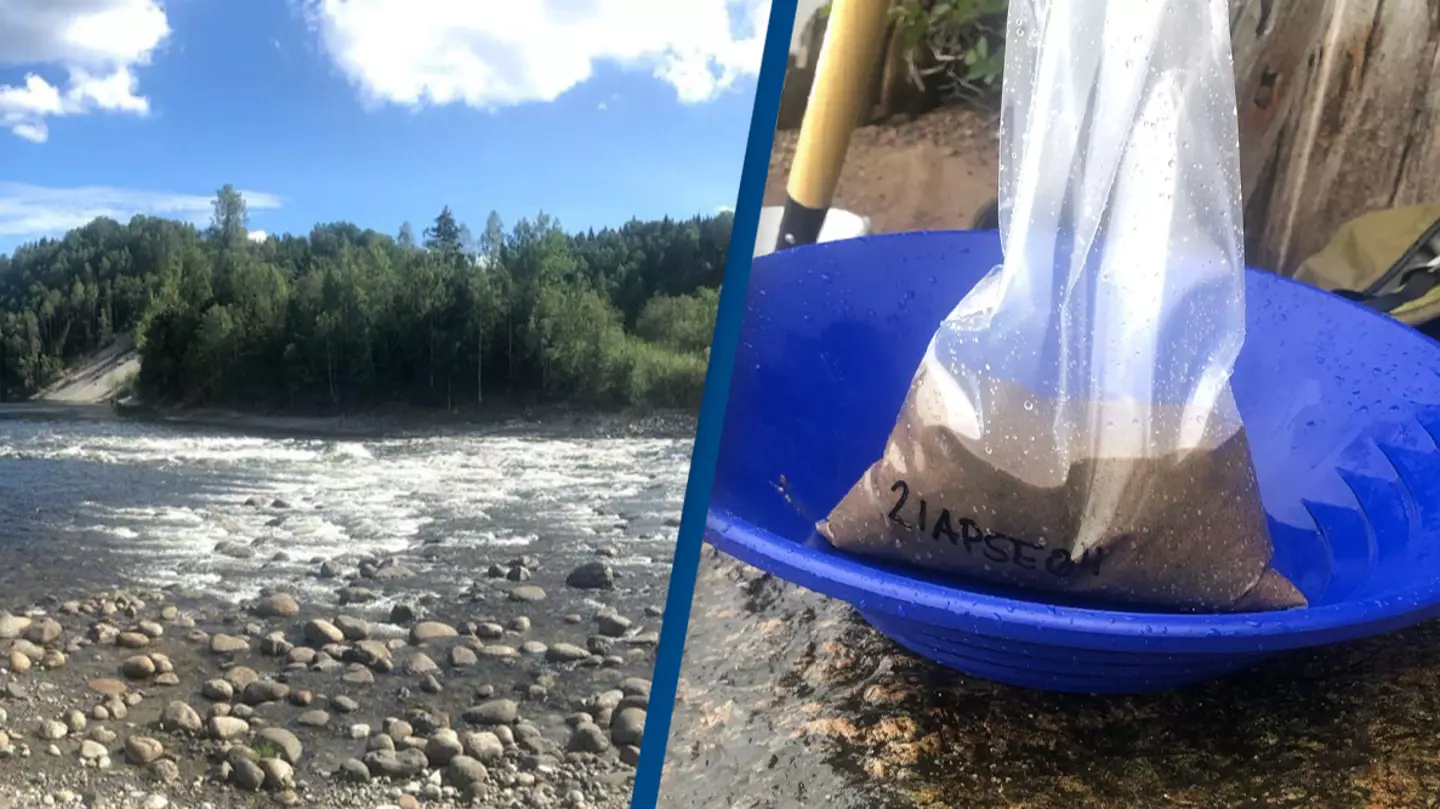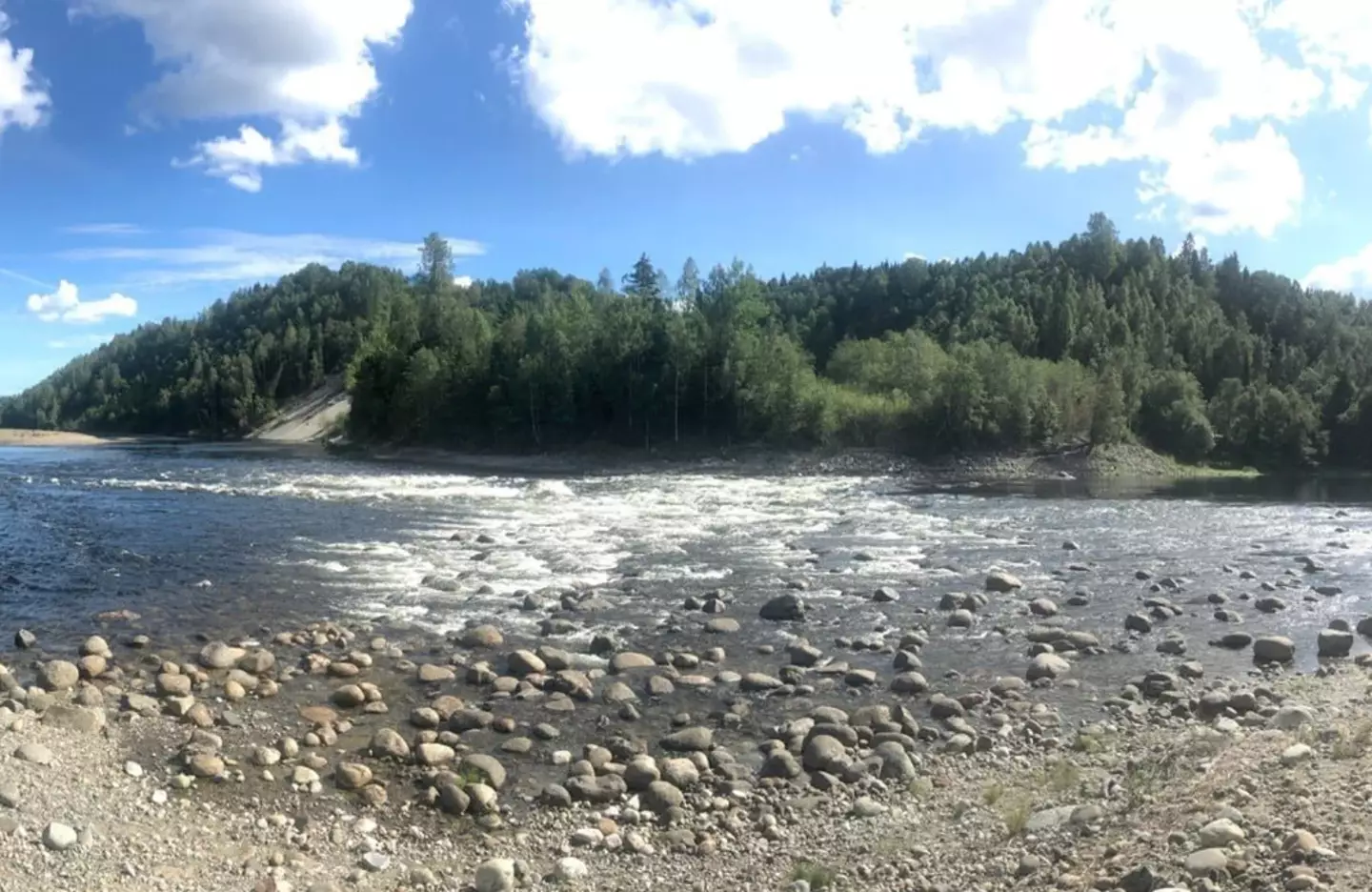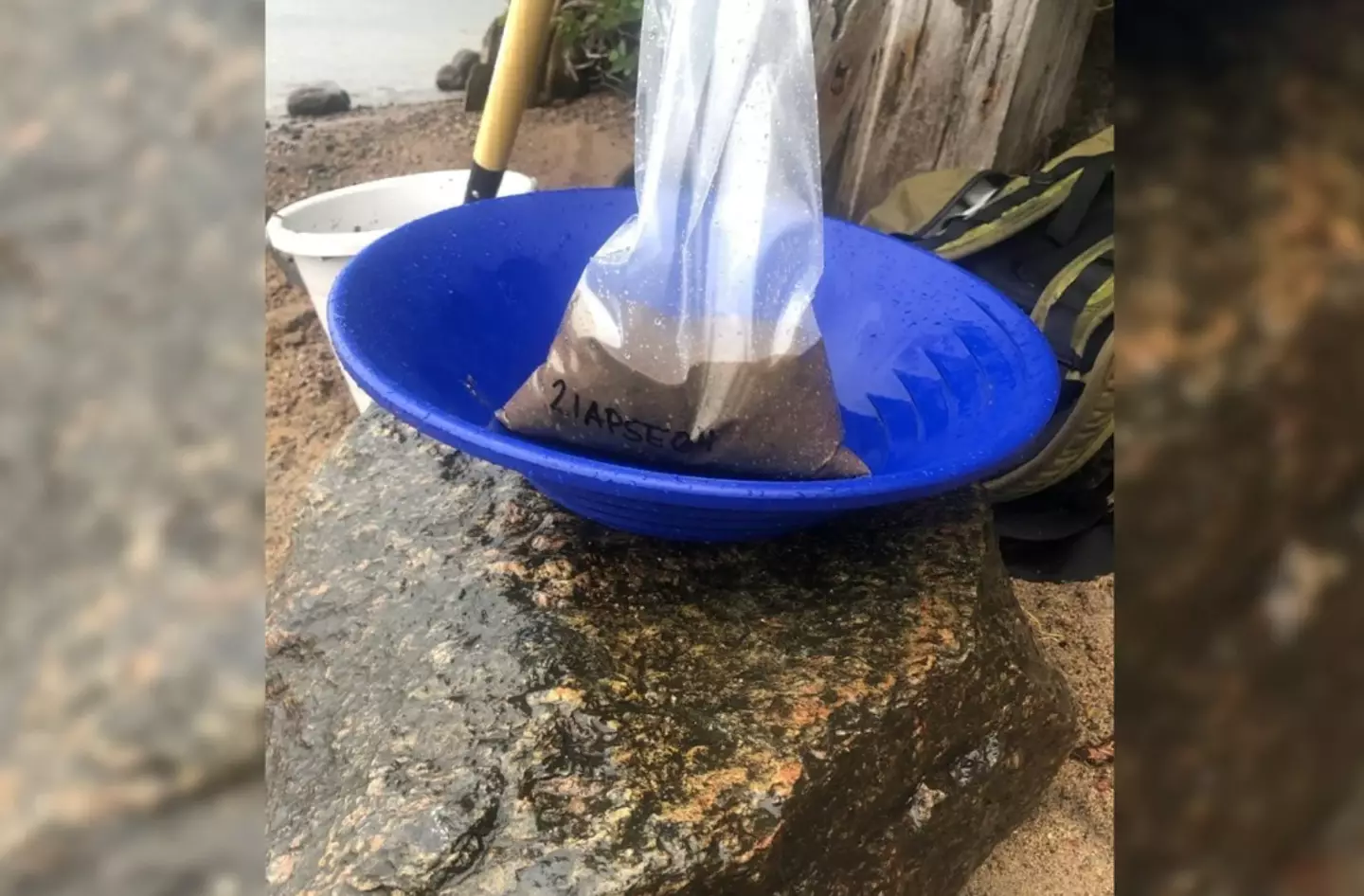
As each year goes by, we learn more about our planet.
Earth is over 4.5 billion years old and, while humans are thought to have first appeared as early as seven million B.C.E, we're still learning things about our home to this day.
In fact, in 2014 scientists discovered a huge pool of water beneath the Earth's surface.
.jpg)
Advert
Sitting beneath the Earth's crust, the body of water is said to be a whopping three times bigger than the oceans that sit on the surface.
The groundbreaking discovery (no pun intended) was located 400 miles underground.
Now, a new geological study from the University of Copenhagen has made yet more revelations about the Earth's crust.
The Scandanavian Mountains, often referred to as 'The Scandes', are Northern Europe’s oldest mountains.
These mountains date back 400 million years, and scientists have since discovered a previously hidden part of the Earth's crust there that could date back as far as three billion years ago.

The findings give insight into how countries like Denmark and Scandinavia came to be, and show that they were actually 'born' in Greenland.
Professor Tod Waight, a geologist at the Department of Geosciences and Natural Resource Management, said in a statement: "Our data suggest that the oldest part of Earth’s crust beneath Scandinavia originates in Greenland and is about 250 million years older than we previously thought."
Apparently the crust's so-called chemical fingerprint matches those of some of the oldest rocks on the planet found in West Greenland’s North Atlantic Craton, SciTechDaily reports.
Zircon crystals found in river sand signalled to the research team that the Finnish rocks were much older than anything else previously found in Scandinavia.

Department of Geosciences and Natural Resource Management researcher, Andreas Petersson explained: "The zircon crystals we found in river sand and rocks from Finland have signatures that point towards them being much older than anything ever found in Scandinavia, while matching the age of Greenlandic rock samples.
"At the same time, the results of three independent isotope analyses confirm that Scandinavia’s bedrock was most likely linked to Greenland."
The likes of Denmark, Sweden, Norway, and Finland are located on a segment of the Earth's crust belonging to the East European Craton known at the Baltic Shield (or the Fennoscandian Shield).
In the wake of their findings, researchers believe that the newly discovered piece of crust broke away from Greenland as a 'seed' and eventually 'took root' where Finland is today.
Topics: Earth, News, World News, Science